12 GPTs for Literacy Enhancement Powered by AI for Free of 2025
AI GPTs (Generative Pre-trained Transformers) for Literacy Enhancement are advanced tools designed to support and improve literacy skills. These tools leverage the power of AI to provide personalized learning experiences, making them ideal for a wide range of literacy-related tasks. By analyzing text, language structure, and user interaction, GPTs can offer tailored recommendations, exercises, and feedback to help users enhance their reading, writing, and comprehension abilities. The relevance of these tools lies in their ability to adapt to individual learning styles and needs, thus facilitating a more effective and engaging learning process.
Top 10 GPTs for Literacy Enhancement are: Storybook Infinity,Story Teller,The Learning Tree,BookWise AI,I Can Learn to Read,Story Weaver,SEND Helper,Kindergarten Creator,Dyslexia Decoder,Isa 4.0
Storybook Infinity
Bringing Stories to Life with AI
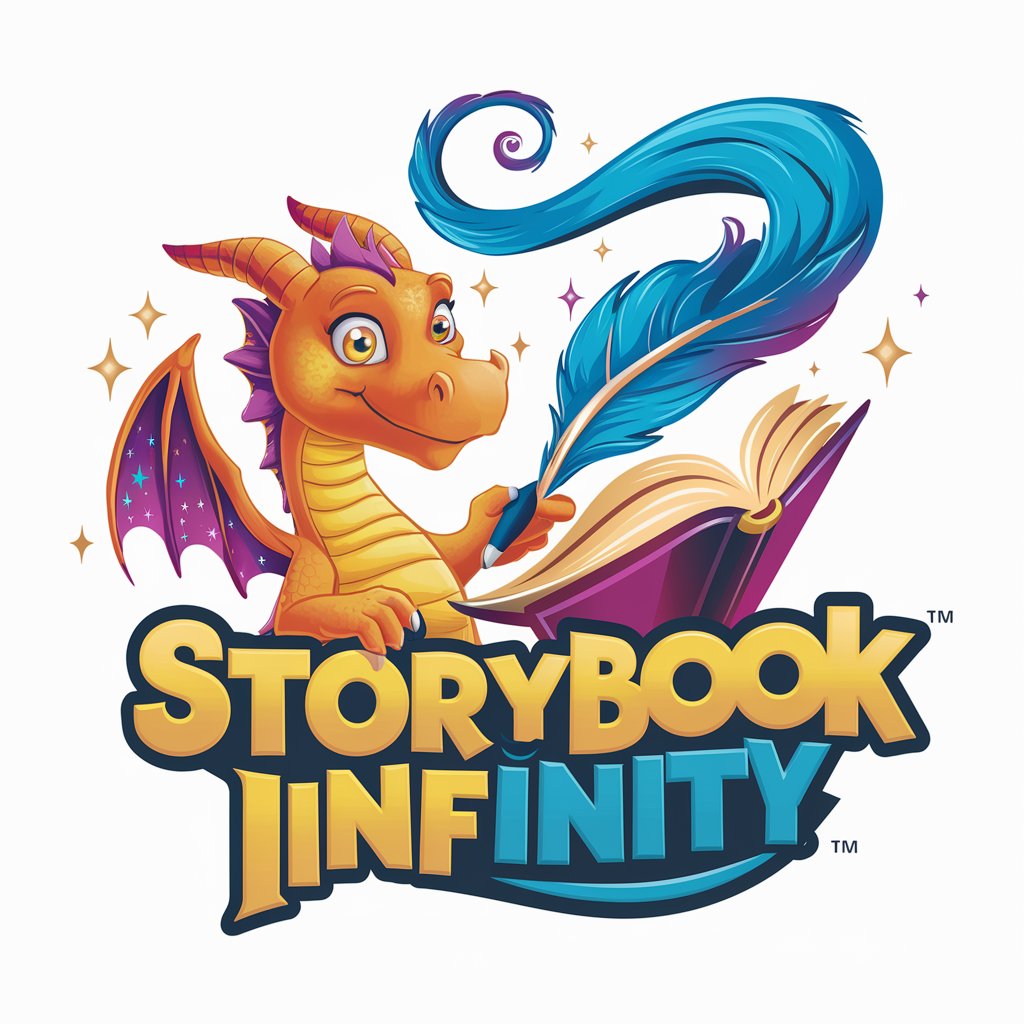
Story Teller
Ignite Imagination with AI-Powered Storytelling
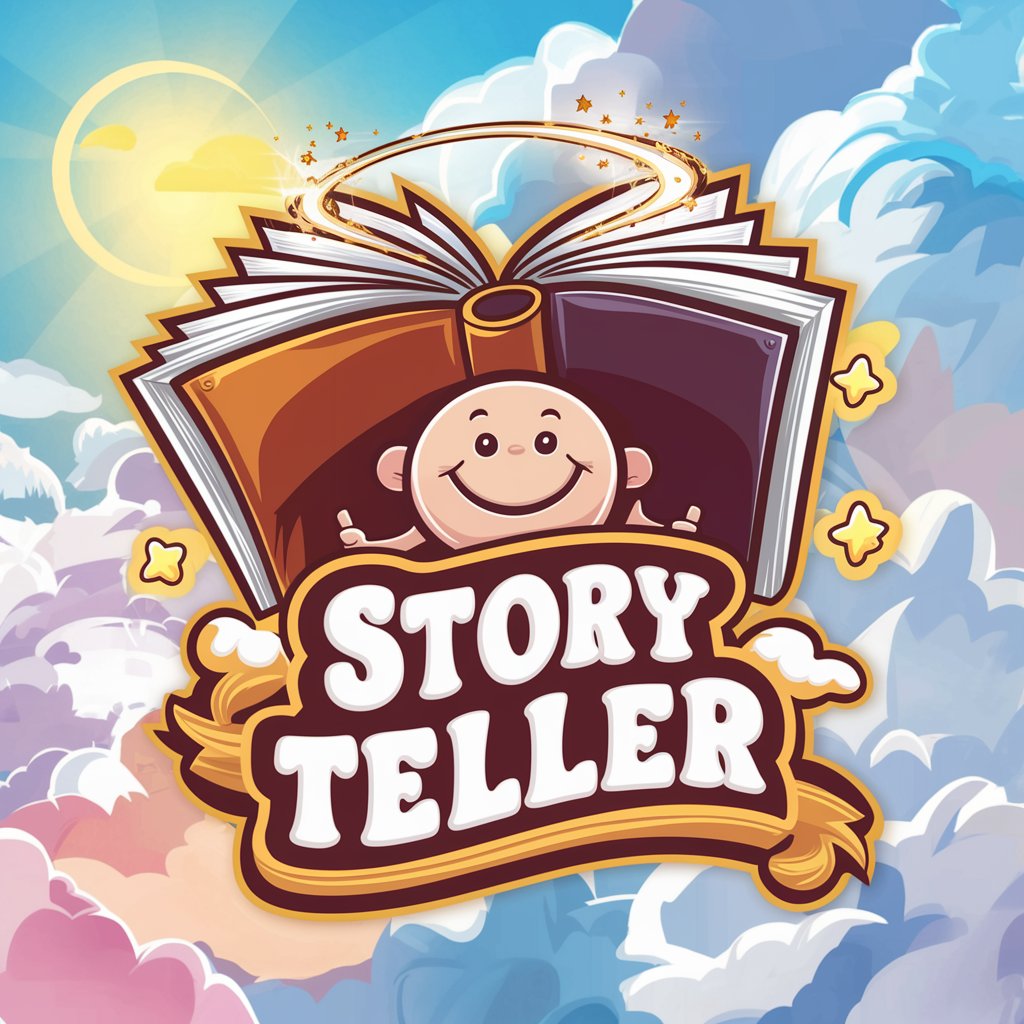
The Learning Tree
Empowering Education with AI
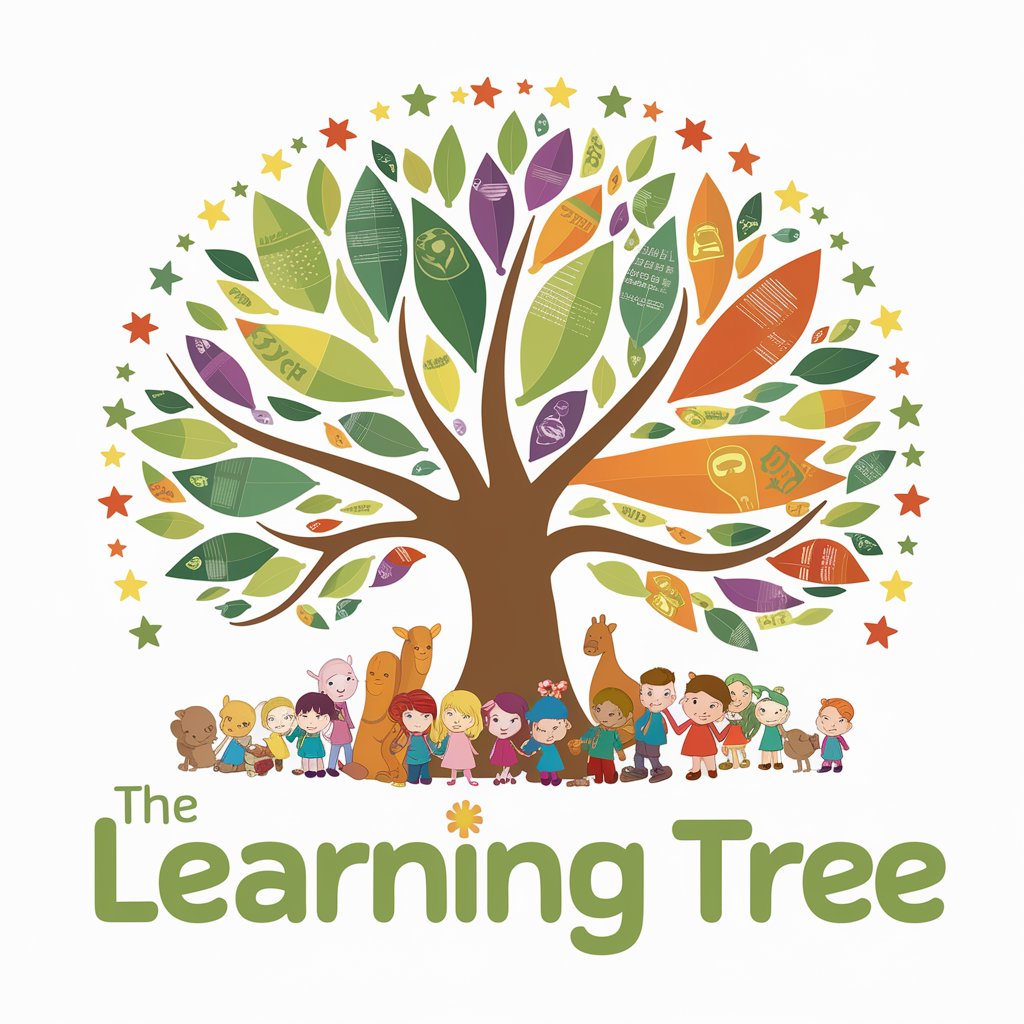
BookWise AI
Empowering reading through AI
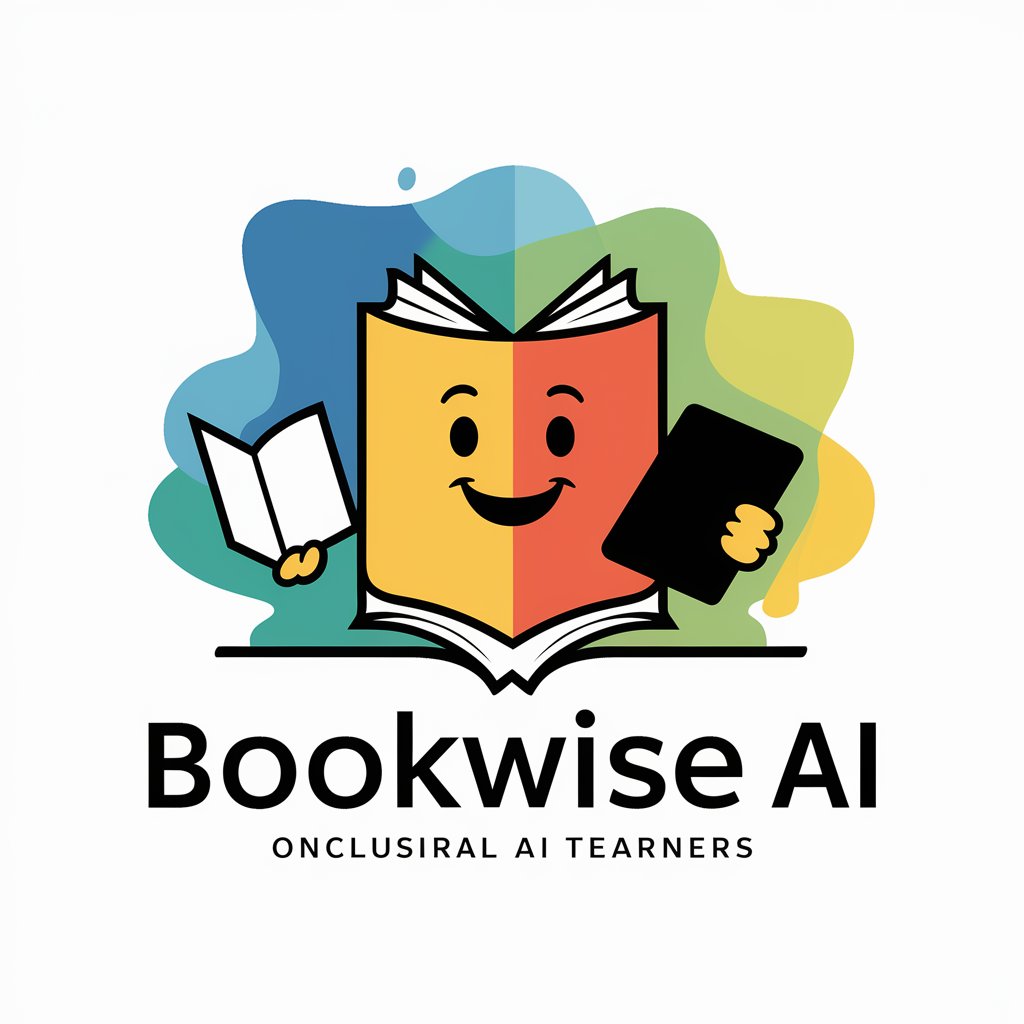
I Can Learn to Read
Empowering young readers with AI
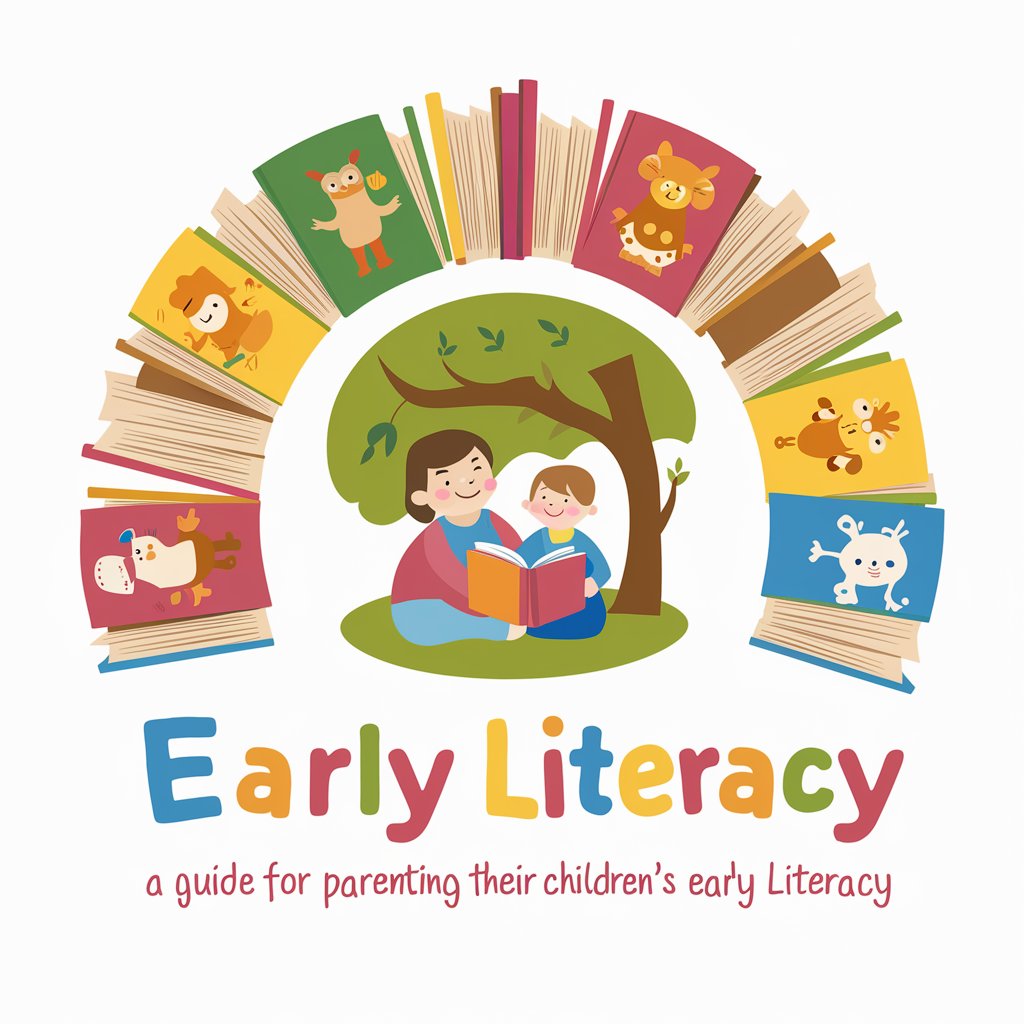
Story Weaver
Craft Unique Stories with AI

SEND Helper
Empowering deaf education with AI
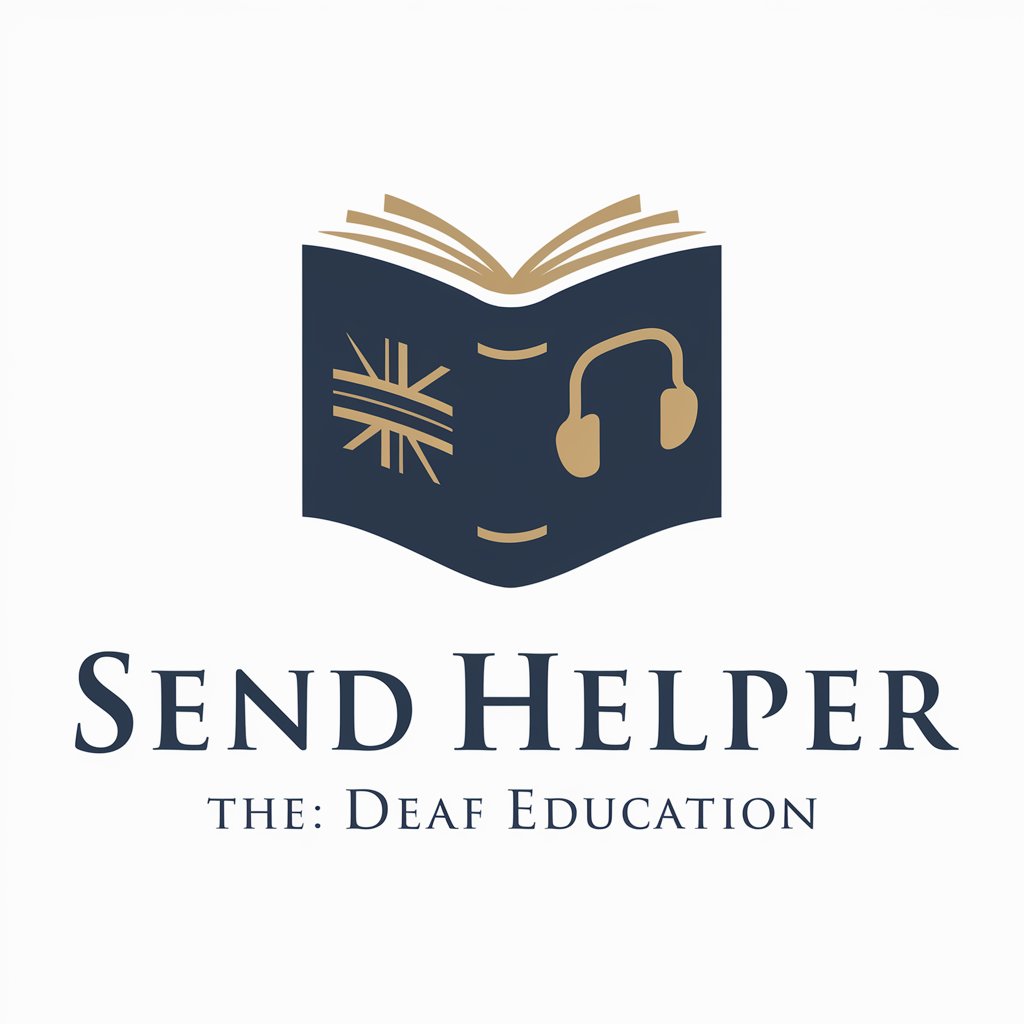
Kindergarten Creator
Empowering Educators with AI-Driven Lessons
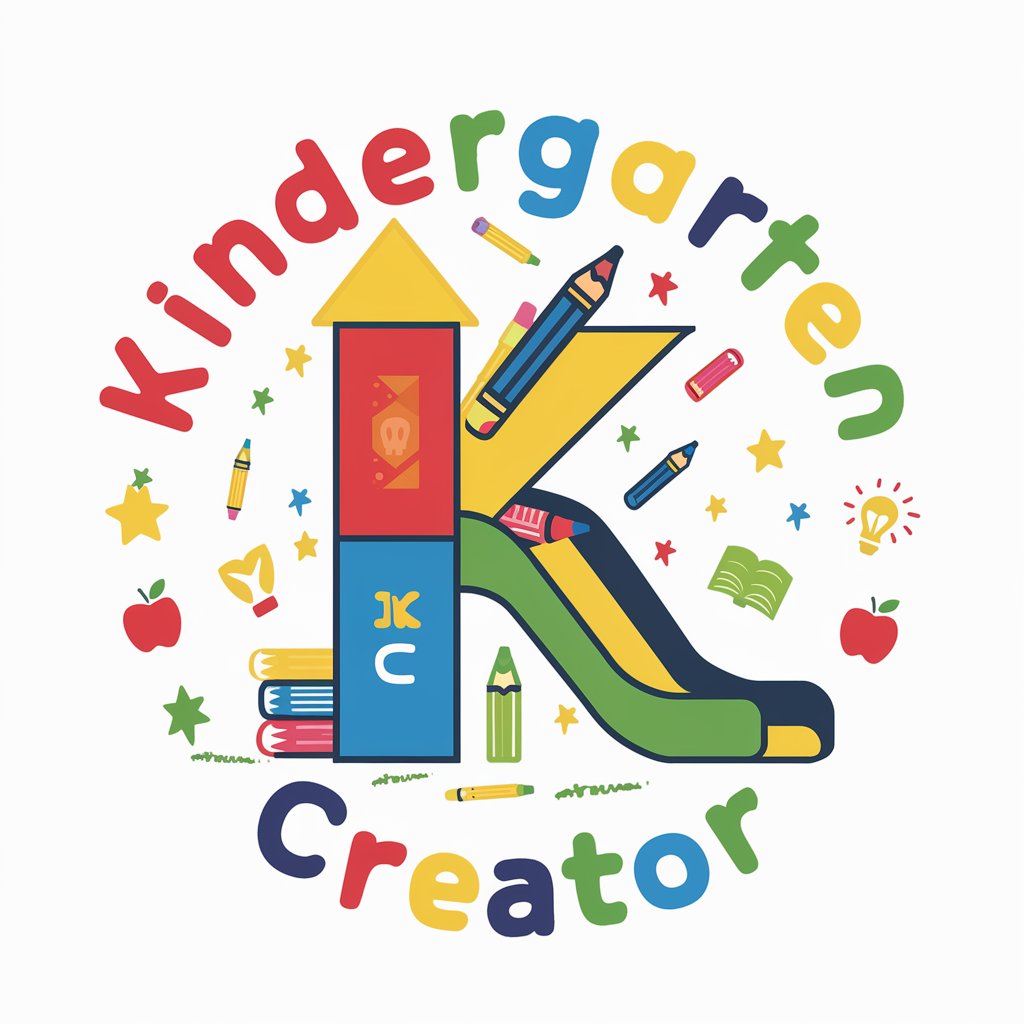
Dyslexia Decoder
Empowering Readers with AI
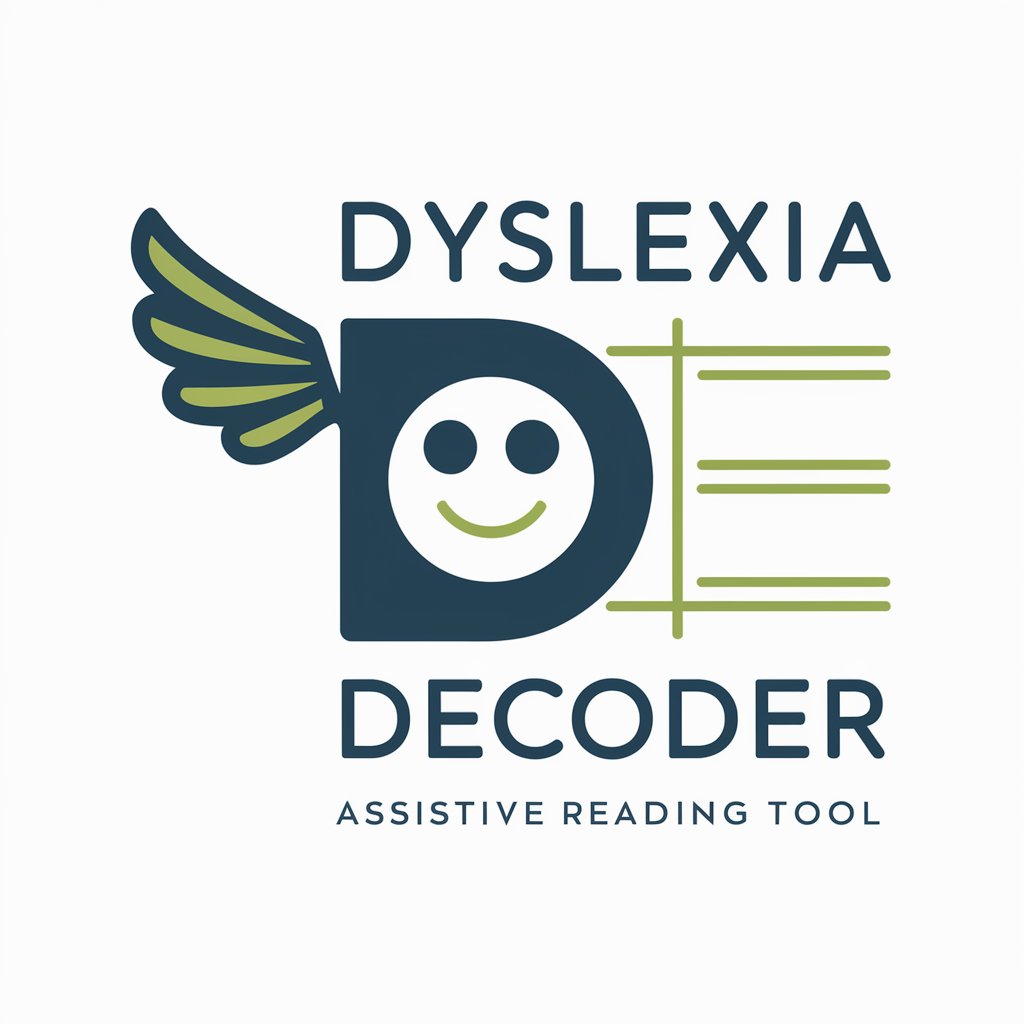
Isa 4.0
Empowering Learning Through AI
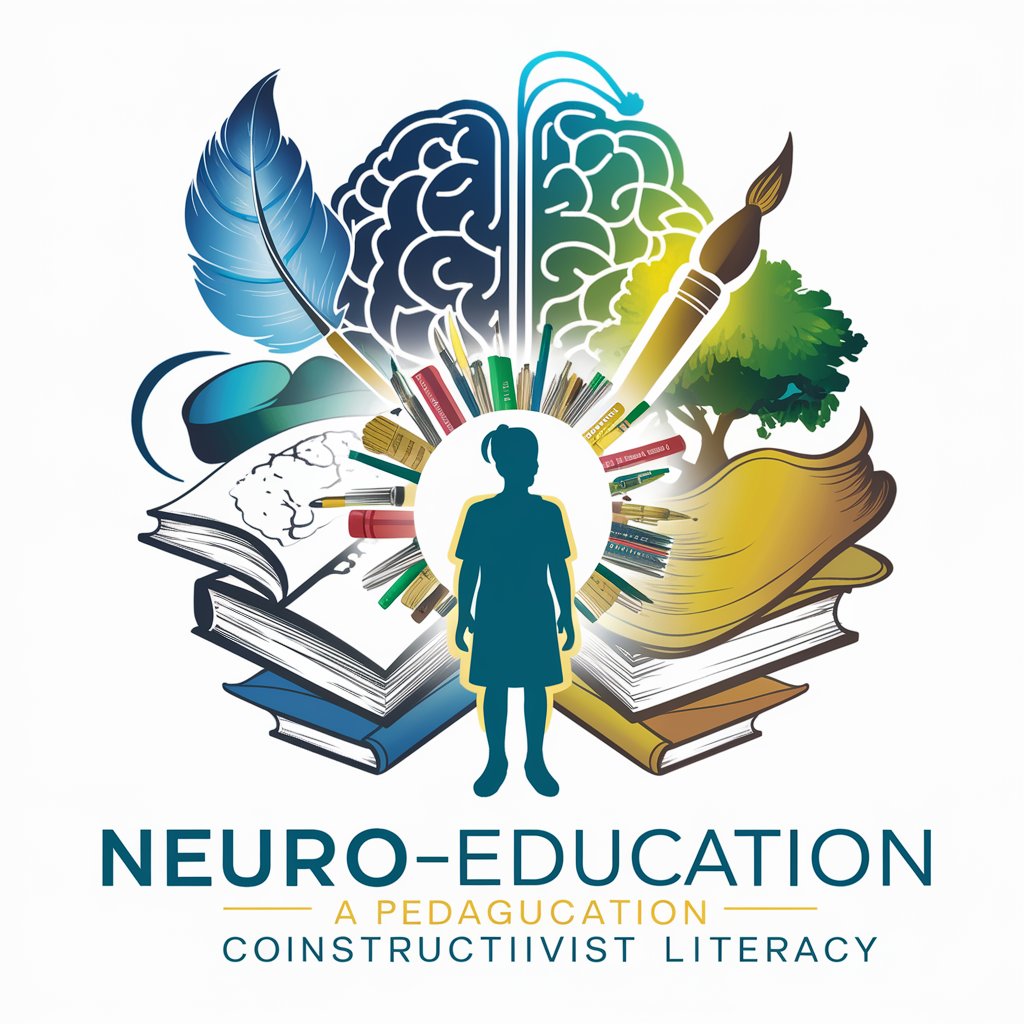
Reading Buddy
Empowering Readers with AI
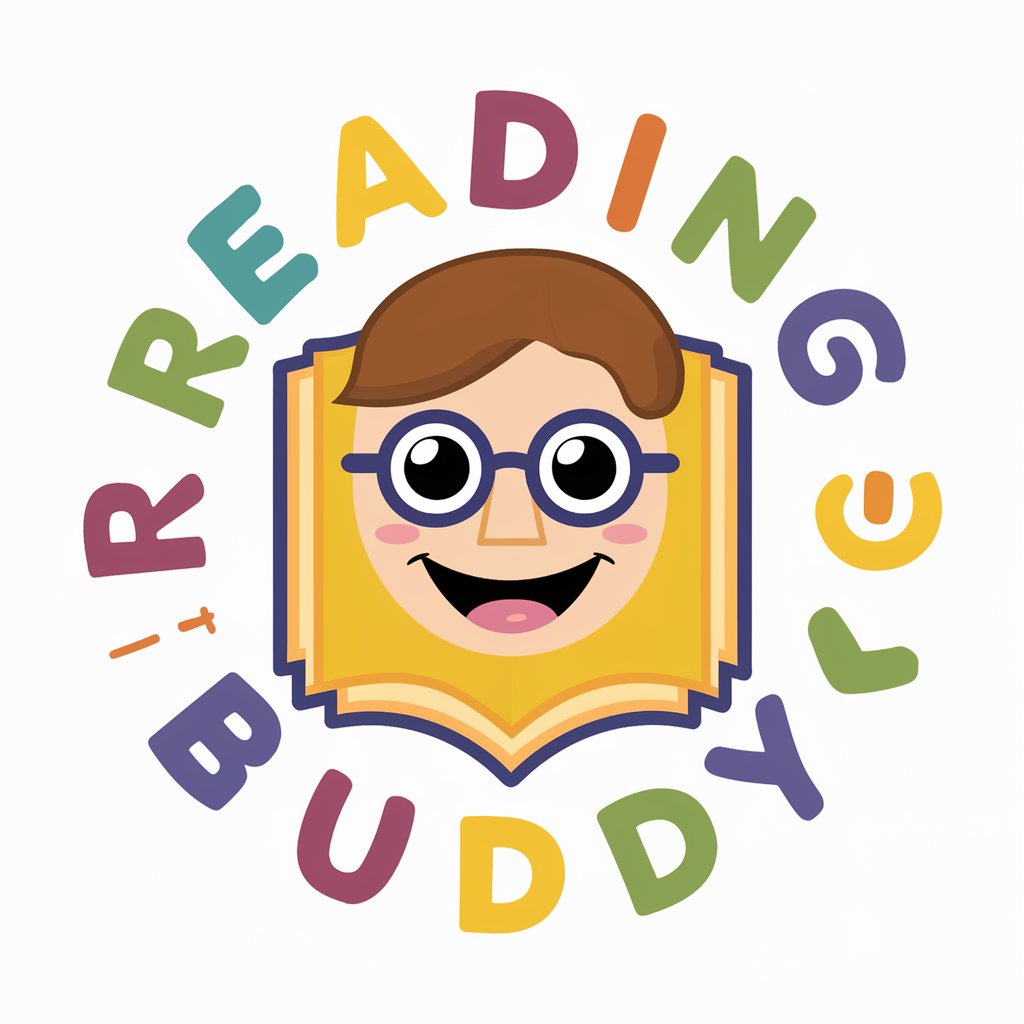
Multi Story
Crafting Stories with AI
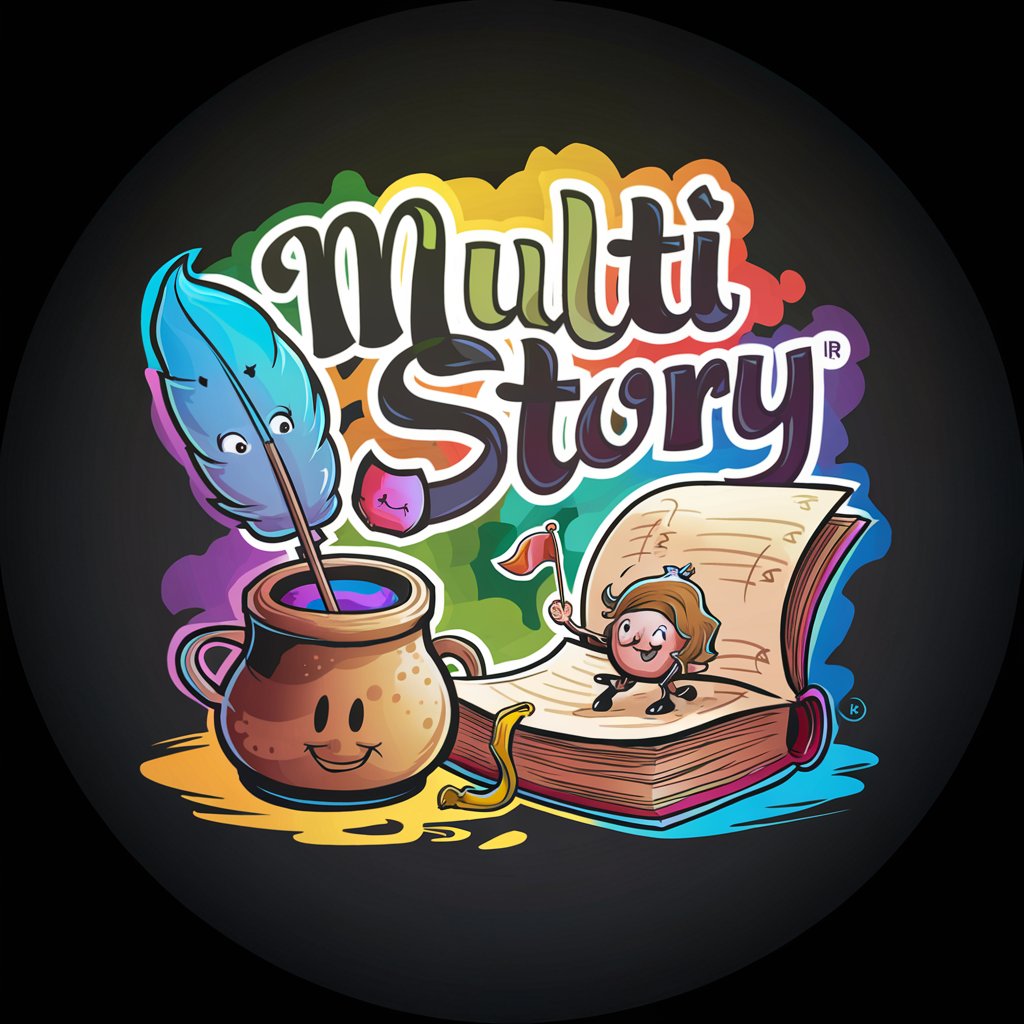
Key Attributes and Functionalities
AI GPTs for Literacy Enhancement stand out due to their adaptability and comprehensive approach to literacy skills development. Core features include advanced language models capable of understanding and generating text, interactive learning modules for personalized education, and tools for assessing literacy progress. Special features might encompass multilingual support, integration with educational resources, and the ability to generate creative writing prompts or conduct detailed text analyses. These capabilities ensure that the tools can be tailored for a variety of literacy enhancement needs, from basic language learning to advanced writing support.
Who Can Benefit from Literacy Enhancement Tools
AI GPTs for Literacy Enhancement are designed for a diverse audience, including students, educators, writers, and lifelong learners. They are particularly beneficial for individuals looking to improve their literacy skills, whether starting from basic language learning or seeking to refine advanced writing techniques. The tools are accessible to users without coding skills through intuitive interfaces, while also offering customization options for developers and professionals seeking to integrate these tools into specialized applications or workflows.
Try Our other AI GPTs tools for Free
Numeracy Improvement
Unlock the potential of numerical literacy with AI GPTs for Numeracy Improvement, your personalized solution to mastering numerical concepts and skills.
Green Accommodations
Discover how AI GPTs for Green Accommodations are revolutionizing sustainable travel, offering tailored solutions for eco-friendly lodging management, promotion, and customer service.
Visa Application
Discover how AI GPTs for Visa Application simplify the visa process with tailored assistance, multilingual support, and advanced document verification.
Blue Card
Discover how AI GPTs for Blue Card revolutionize tasks and insights with tailored AI solutions, designed for both tech-savvy and non-technical users alike.
Event Simulation
Explore AI GPT tools for Event Simulation: tailor-made solutions for predicting event outcomes with precision, accessible to both novices and professionals.
Film Critique
Discover AI-powered GPT tools for Film Critique: Unleash the power of AI to analyze, review, and understand cinema like never before. Perfect for critics, enthusiasts, and professionals.
Expanding the Capabilities of Literacy Enhancement
AI GPTs offer a revolutionary approach to literacy enhancement, enabling more personalized, engaging, and effective learning experiences. With the ability to integrate seamlessly into existing educational systems or workflows, these tools not only support individual learners but also empower educators with robust analytics and content generation capabilities. The user-friendly interfaces ensure that learners of all levels can benefit, making literacy enhancement more accessible and inclusive.
Frequently Asked Questions
What exactly are AI GPTs for Literacy Enhancement?
AI GPTs for Literacy Enhancement are artificial intelligence tools designed to support and improve literacy through personalized learning experiences and content generation.
How do these tools personalize learning?
They analyze user interactions, learning progress, and preferences to tailor exercises, feedback, and content that match the user's specific literacy needs and learning style.
Can these tools support language learning for non-native speakers?
Yes, many AI GPTs for Literacy Enhancement offer multilingual support, making them suitable for language learners seeking to improve their proficiency in a second language.
Are there options for advanced writers?
Absolutely. These tools can provide advanced writing assistance, including style analysis, grammar correction, and creative writing prompts, catering to the needs of experienced writers.
Do I need programming skills to use these tools?
No, these tools are designed with user-friendly interfaces that require no coding knowledge, making them accessible to a wide audience.
How can educators integrate these tools into their teaching?
Educators can incorporate these AI GPTs into their curriculum by using them to generate personalized learning materials, assess student progress, and provide targeted feedback.
Can these tools be customized for specific educational programs?
Yes, with programming skills, these tools can be further customized to align with specific educational goals, curriculums, or learner demographics.
What makes AI GPTs for Literacy Enhancement different from other educational tools?
Their ability to generate personalized content and provide interactive, adaptive learning experiences sets them apart from traditional educational tools.